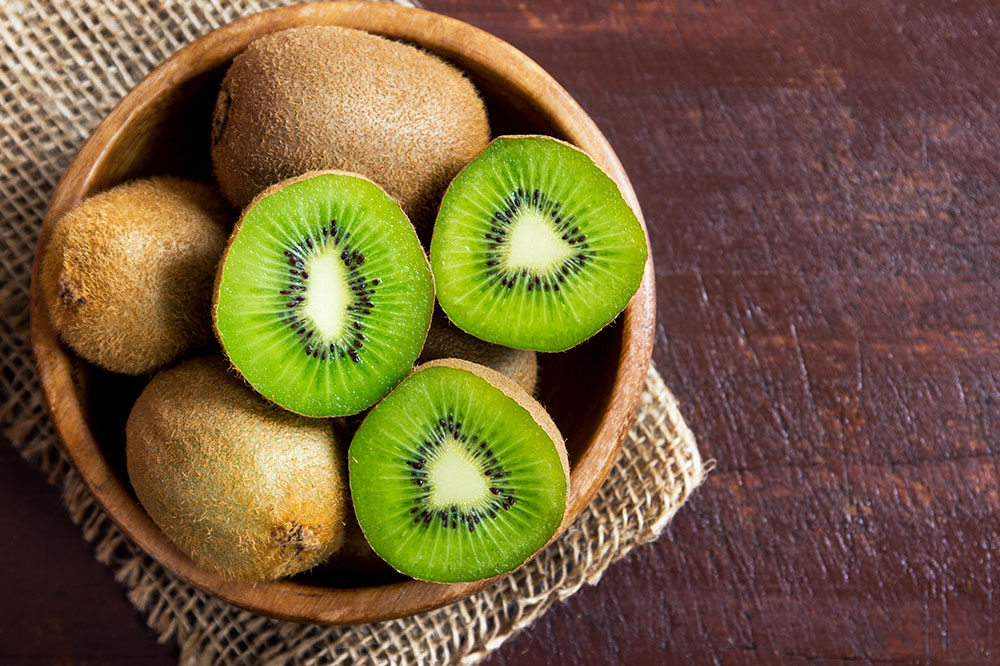Effective Methods to Alleviate Constipation Naturally
Discover natural and effective ways to relieve constipation through dietary, lifestyle, and medical approaches. Learn how fiber intake, hydration, and exercise can improve digestion and prevent discomfort. Always consult healthcare professionals for persistent issues.

Effective Methods to Alleviate Constipation Naturally
Constipation occurs when stool becomes hard and dry due to excessive water absorption in the intestines, resulting in infrequent or difficult bowel movements. According to the National Institutes of Health, it is defined as fewer than three bowel movements per week. The stool is usually small, hard, and dry, causing discomfort during elimination. People's digestive patterns differ; some may have multiple bowel movements daily, while others go several days without one.
Relieving constipation generally requires minimal treatment unless it persists for weeks. Simple changes in diet and lifestyle can make a big difference.
Helpful tips for easing constipation
Increase your intake of fiber-rich foods to soften stools and promote easier passage. Aim for 20-35 grams of fiber daily from sources like:
Whole grains
Bran
Brown rice and fortified breads
Fruits such as apples and bananas
Ensure adequate hydration by drinking plenty of water. Regular physical activity, like walking, supports healthy digestion. Certain foods like watermelon, dried fruits (prunes, apricots), vegetables (carrots, Brussels sprouts), and beans can help improve bowel movements.
Avoid low-fiber, high-fat, and processed foods including cheese, dairy, meats, and fast foods, which can worsen constipation.
To relieve symptoms, try these approaches:
Perform brief, consistent exercise sessions, gradually extending to 20 minutes.
Drink non-caffeinated beverages such as water, cucumber or ginger-infused water, and fresh fruit juices.
Limit alcohol intake to prevent dehydration.
Maintain a regular bathroom schedule in a relaxed setting.
Use a footstool during bowel movements to position hips optimally for easier evacuation.
If necessary, consider fiber supplements like Metamucil or Citrucel after consulting a healthcare provider. Mild laxatives, glycerin suppositories, or enemas may be used under medical guidance. Common laxatives include:
Bulk-forming agents (e.g., Metamucil)
Saline laxatives (e.g., Milk of Magnesia)
Lubricant laxatives (e.g., Fleet)
Osmotic laxatives (e.g., MiraLAX)
Stimulant laxatives (use with caution)
Stool softeners (e.g., Colace)
Enemas (only under medical supervision)
Always seek advice from a healthcare professional before using laxatives, especially for long-term use or underlying health conditions. Lifestyle adjustments can help prevent and treat constipation effectively, supporting overall health.
Important:
The content provided is for educational insights and not a substitute for professional medical advice. For persistent or severe symptoms, consult your healthcare provider. We aim to deliver accurate health tips, but individual cases vary. Always get personalized medical guidance.


